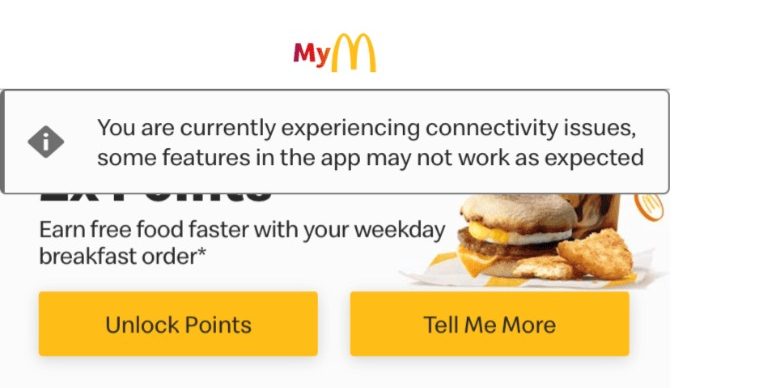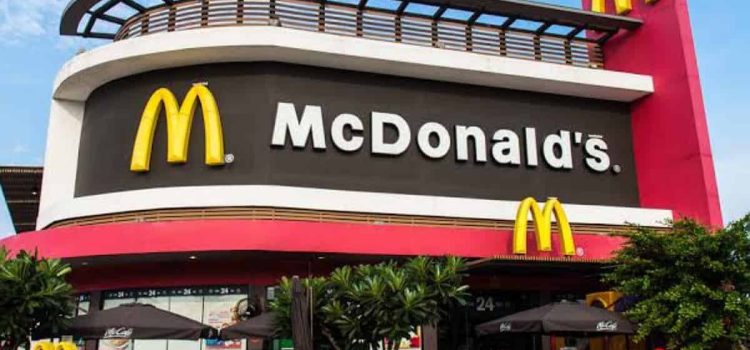
Introduction
McDonald’s, known for its iconic golden arches, has long been a staple in the fast-food industry, serving millions of customers daily across the globe. However, the bustling atmosphere of its outlets was disrupted by a significant setback in recent times – widespread outages. These outages, which affected numerous locations worldwide, raised concerns among customers and industry observers alike, highlighting the challenges faced by even the most established brands in maintaining seamless operations in today’s digital age. These outages, which spanned continents, left customers perplexed and impacted McDonald’s operations on a massive scale.
What Caused the Outages?

Impact on Operations
McDonald’s prides itself on efficiency and speed, but the outages dealt a severe blow to its operational prowess. With outlets unable to process orders or provide essential services, sales plummeted, and customer satisfaction took a nosedive. The ripple effects of these disruptions reverberated throughout McDonald’s vast network, disrupting supply chains and logistical operations. As a result, the company faced widespread criticism and scrutiny, with stakeholders questioning its ability to maintain reliability and resilience in the face of adversity.
Customer Reactions
For customers accustomed to the convenience and reliability of McDonald’s services, the outages came as a rude awakening. Frustration and disappointment pervaded social media platforms as patrons voiced their grievances. Some expressed sympathy for the chain’s predicament, while others vented their frustrations, highlighting the significance of reliable service in the fast-food industry. Amidst the online chatter, calls for transparency and accountability from McDonald’s management grew louder, emphasizing the importance of effective communication during crises.
McDonald’s Response
In the face of adversity, McDonald’s didn’t falter. The company swiftly mobilized its resources, deploying teams to troubleshoot and rectify the issues plaguing its outlets. Communication channels were activated to keep customers informed, and contingency plans were set in motion to minimize disruptions. McDonald’s commitment to customer satisfaction shone through as it endeavored to restore normalcy amid the chaos. Employees worked tirelessly to address the challenges, demonstrating resilience and dedication to the brand’s values. A
Lessons Learned
As the dust settles on this unprecedented episode, valuable lessons emerge for McDonald’s and the broader fast-food industry. The importance of robust operational systems and contingency planning cannot be overstated, especially in industries as fast-paced and competitive as fast food. McDonald’s proactive approach to analyzing the root causes of the outages and implementing corrective measures not only addresses immediate challenges but also lays the groundwork for resilience in the face of future disruptions. This commitment to continuous improvement and preparedness reflects McDonald’s dedication to maintaining its position as a leader in the global food industry.

FAQs
Conclusion
The recent outages experienced at McDonald’s crashed outlets serve as a reminder of the weakness of even the most established systems. However, they also highlight the strength and adaptability of organizations like McDonald’s. By learning from these challenges and implementing strong measures, McDonald’s confirms its responsibility to deliver seamless customer experiences worldwide. These incidents produce review and improvement, causing McDonald’s to invest in enhancing its technological infrastructure and supply chain management practices.










